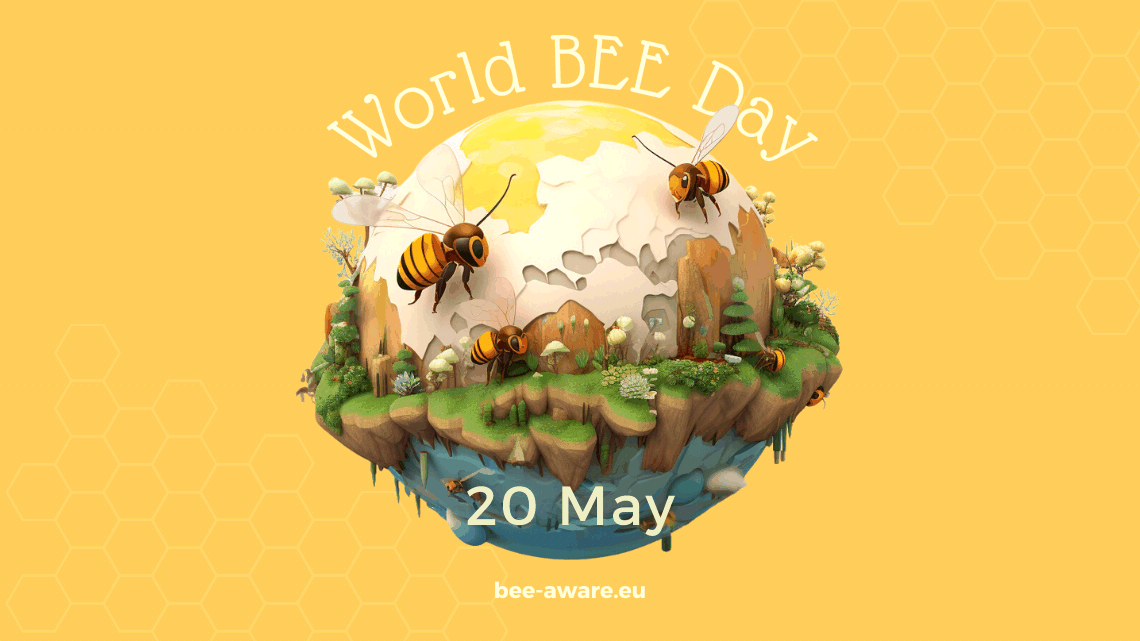This website uses the following additional cookies:
Litespeed Cache is a cookie to manage caching of pages and improve the website performance
WordPress multilingual plugin is cookie to remember your language preferences
Please enable Strictly Necessary Cookies first so that we can save your preferences!

